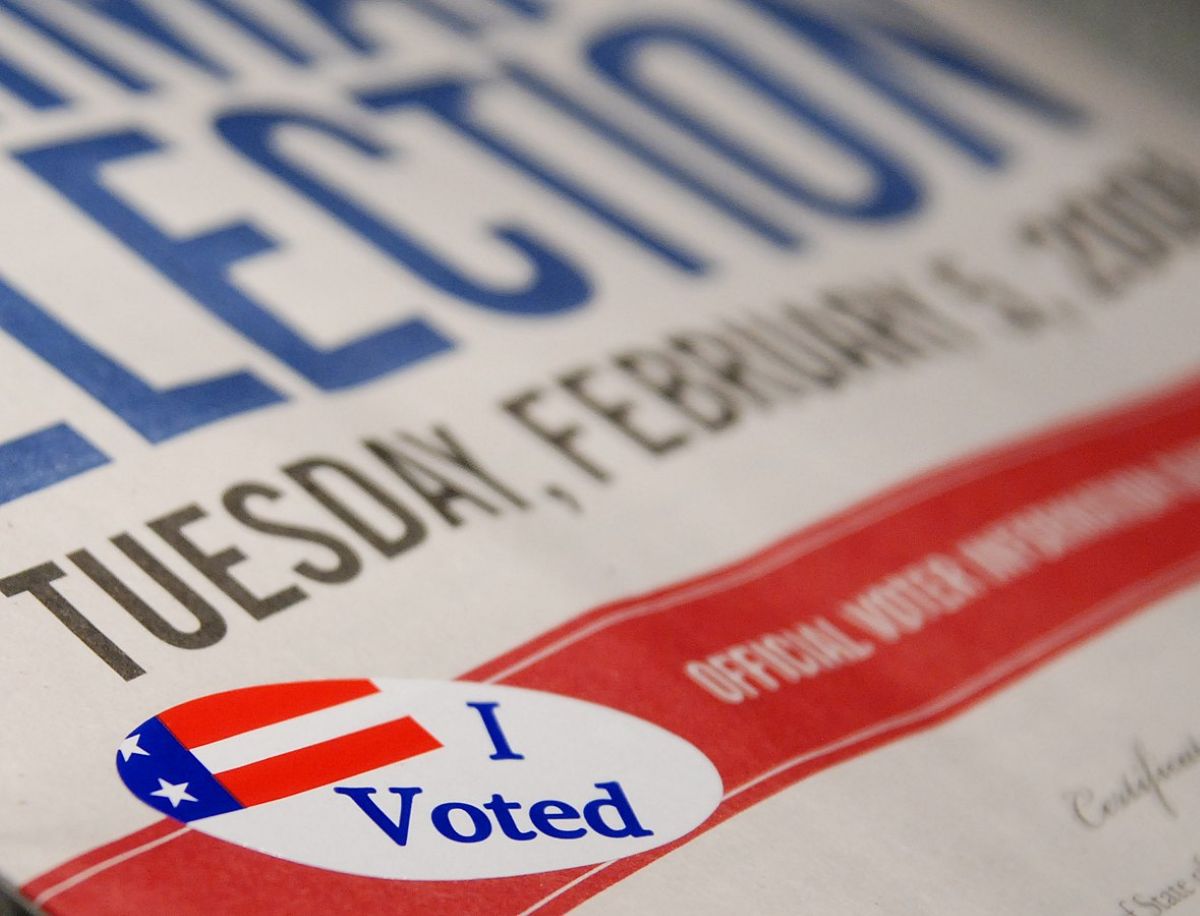


Georgia and Utah could become the next Republican-led states to leave the leftist-linked voter roll maintenance group known as ERIC if bills mandating their respective withdrawals are passed into law.
On Tuesday, Republicans on a Georgia House elections subcommittee passed legislation in a party-line vote that seeks to prohibit the Georgia secretary of state and state entities from “joining or participating in any multistate voter list maintenance organization” that fits specific criteria outlined in the bill. Under HB 215, Georgia would be required to pull out of a nongovernmental voter list maintenance group that mandates “or encourages the contacting of individuals who are not currently registered to vote with the intent to register them to vote” or “[s]hares voter data outside of the explicit purpose of removing deceased, duplicate, or otherwise ineligible voters from the list of electors.”
Existing contracts that meet one or both of these provisions would have to be terminated within 90 days of the law’s enactment.
HB 215 will now be considered by the House Governmental Affairs Committee, according to The Atlanta Journal-Constitution.
If ultimately signed into law, the proposal would effectively end the Peach State’s agreement with the Electronic Registration Information Center (ERIC).
As The Federalist previously reported, ERIC was founded by Democrat activist David Becker and “sold to states as a quick and easy way to update their voter rolls.” In actuality, the group inflates voter rolls by requiring member states to contact eligible but unregistered residents to register to vote.
ERIC also reportedly shares voter roll information with the Center for Election Innovation and Research (CEIR), another Becker-founded group known for its “Zuckbucks” interference in the 2020 election. The data shared between the two left-wing groups is effectively used to develop lists of potential (and likely Democrat) voters for states to register leading up to elections.
Multiple GOP-led states have withdrawn from ERIC in recent years over its refusal to change its bylaws and concerns about the group’s left-wing connections.
Despite these exits, Georgia Secretary of State Brad Raffensperger has defended maintaining his state’s relationship with ERIC. In 2023, the Republican elections chief claimed, “Systems like ERIC … help prevent people from being registered in and trying to vote in multiple states.”
Investigative analysis by Mark Davis, a voter data specialist and president of Data Productions, Inc., however, calls into question the accuracy of the Peach State’s voter rolls.
But Georgia isn’t the only Republican-led state that could potentially leave ERIC.
In Utah, the GOP-controlled House passed an elections bill (HB 332) on Friday that includes a provision requiring the lieutenant governor to withdraw the state from ERIC. Unlike most states, where elections are overseen by a secretary of state or elections board, the Utah lieutenant governor is the official tasked with overseeing the Beehive State’s electoral process.
Much like Georgia, Utah’s elections chief, Lt. Gov. Deidre Henderson, has also defended her state’s agreement with ERIC. The Utah Republican even went out of her way to accuse Americans concerned about the organization’s partisan ties of being so-called “election deniers.”
“ERIC has become a favorite boogeyman of the radical election deniers,” Henderson wrote in an April 2024 X thread. “But their claims are not based in fact, and their demands are counterproductive to their rhetoric.”
HB 332 will now head to the Utah Senate for consideration.
Shawn Fleetwood is a staff writer for The Federalist and a graduate of the University of Mary Washington. He previously served as a state content writer for Convention of States Action and his work has been featured in numerous outlets, including RealClearPolitics, RealClearHealth, and Conservative Review. Follow him on Twitter @ShawnFleetwood
